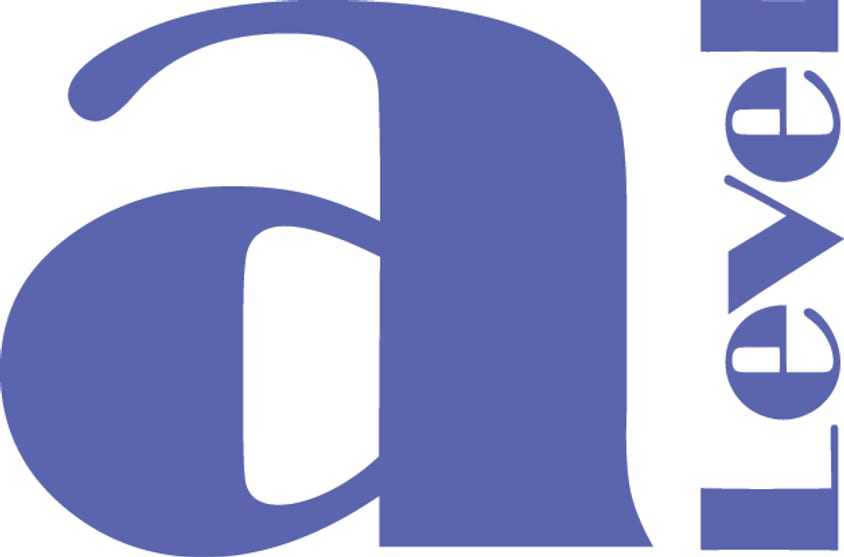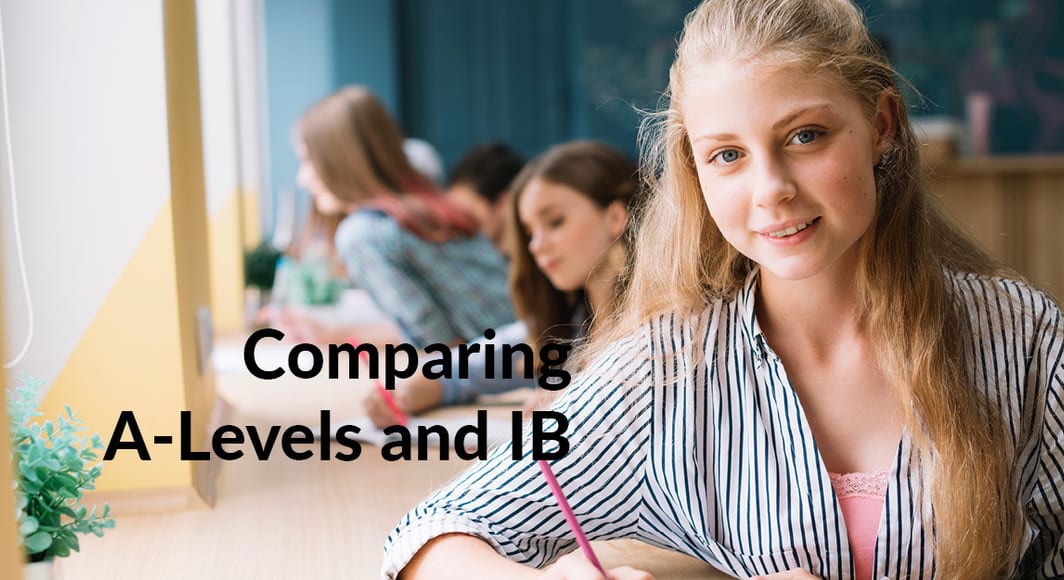Comparing A-Level examinations and the IB Diploma Programme: What are the benefits of A-Levels, and why do we offer them at BISL?

When it comes to choosing an university entrance qualification, students and educators often find themselves deliberating between the two "gold-standard" qualifications: A-Levels and the International Baccalaureate (IB) Diploma. Both programmes have their merits, but for students who wish to focus on specifics subjects that align with their future career aspirations, the A-Level programme stands out as a solid choice. Here's why.
Specialisation vs. Breadth: A-Level's targeted approach
One of the most significant advantages of the A-Level system for students who have specific interests and a clear career path in mind, is its focus on specialisation. Students typically select three or four subjects, which allows them to focus in depth on the areas that interest them the most and that will be most beneficial for their future studies and careers. This contrasts sharply with the IB programme, which requires students to take six subjects, spread across different disciplines, in addition to completing the Core components (Theory of Knowledge, Extended Essay, and Creativity, Activity, Service).
By allowing students to choose a narrower range of subjects, A-Levels provide the opportunity to develop a deeper understanding and greater expertise in their chosen fields. This focused approach can be particularly advantageous for students who already have a clear idea of their career path. For instance, a student aspiring to become an engineer can dedicate their efforts to mastering Mathematics and Physics without the need to also study unrelated subjects like foreign languages or arts, which are mandatory in the IB programme.
"I always had a clear wish to study Business, which is why A Levels give me a great opportunity to focus exclusively on Business, Economics, and Mathematics as my chosen subjects. This way, I don't waste time on other subjects that are irrelevant to me and my study choice."

Flexibility and Choice: tailoring education to career goals
The A-Level system offers unparalleled flexibility when it comes to subject choice. Students have the autonomy to select the subjects that best align with their academic strengths and career ambitions. This personalisation ensures that their education is directly relevant to their future goals. In contrast, the IB programme requires students to study a diverse range of subject areas. Some of those may not contribute to their intended career path.
For example, a student aiming for a career in medicine can choose A-Levels in Biology, Chemistry, and Mathematics, ensuring that their studies are highly relevant to their future studies in medical school. In the IB programme, the same student would have to study additional subjects such as a second language and humanities. While enriching, these may well detract from the time available to focus on core scientific subjects.
Students typically study four AS subjects in Year 12 and continue with three of these subjects to A Level in Year 13.

The groups shown above illustrate the options available for students to choose their subjects at the British International School of Ljubljana. Students must select one subject from each group in four of the five groups, choosing a total of four subjects.

Depth of Knowledge: preparing for Higher Education
A-Levels are renowned for the depth of knowledge they offer in each subject. Universities value this depth, recognising that A-Level students are well-prepared for the rigours of Higher Education in their chosen fields. The detailed and specialised nature of A-Level study provides a solid foundation for university courses, particularly in specialised disciplines.
In contrast, the breadth of the IB programme, while fostering well-roundedness, may come at the expense of depth. Students juggling six subjects may not achieve the same level of expertise in each area as their A-Level counterparts, who can dedicate more time and resources to mastering fewer subjects. This depth of study can make a significant difference in the students' preparedness for higher-level academics.
You can use the UCAS calculator to compare different qualifications and see how universities compare them.
Assessment and Grading: Clarity and Focus
The assessment methods in A-Levels are straightforward, with grades primarily based on final examinations in each subject. This clear-cut evaluation system allows students to focus their efforts on excelling in exams, with a clear understanding of how their performance will be measured.
The IB programme, on the other hand, employs a combination of internal assessments, coursework, and final exams. While this holistic approach aims to evaluate a range of skills, it can also add to the workload and pressure on students, who must manage multiple types of assessments across a wider array of subjects.
While both A-Levels and the IB programme offer valuable educational experiences, the A-Level system provides distinct advantages for students seeking a focused and specialized pathway to higher education and career success. The ability to choose fewer subjects and focus in depth on those areas ensures that students can tailor their education to their individual strengths and future aspirations. For those with clear academic and professional goals, A-Levels offer a streamlined and targeted approach that sets them up for success in their chosen fields.




